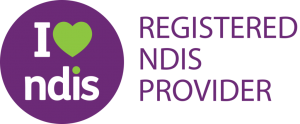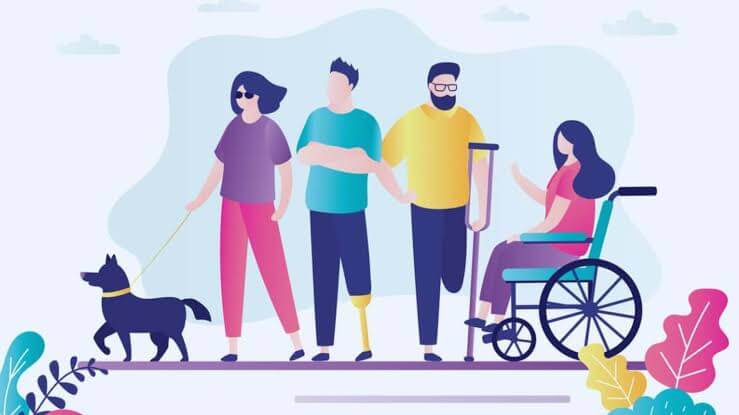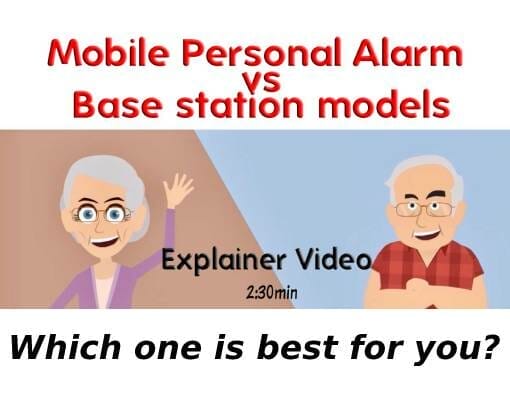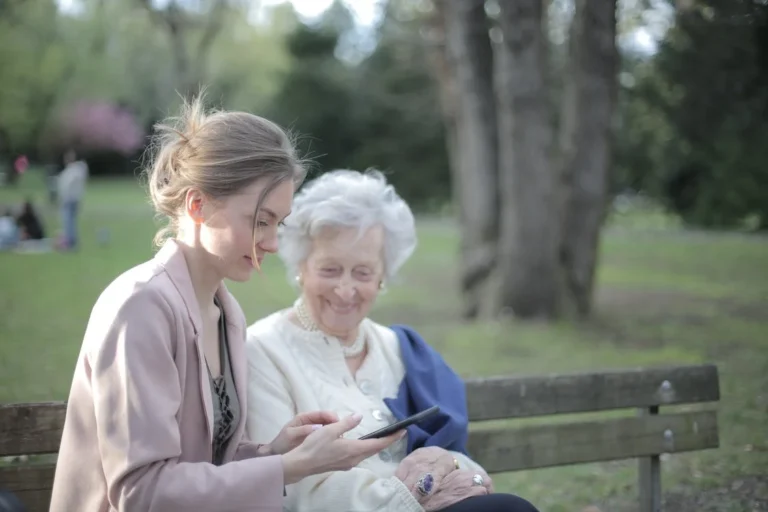
How to Trust Who to Buy Personal Alarms From
Buying online a personal fall detection pendant or watch that automatically raises an alarm to preset mobile phone numbers can


Australia is known for its laid-back lifestyle, beautiful beaches, and diverse culture. It’s no surprise that many people dream of living in this country. But what exactly does independent living mean in Australia? In this article, we’ll explore the concept of independent living and how it applies to life in Australia.
Independent living is a philosophy and a way of life that emphasizes self-determination, empowerment, and autonomy for the elderly and individuals with disabilities. It is based on the belief that people with disabilities have the same rights and responsibilities as everyone else and should have equal access to education, employment, housing, transportation, and community participation.
In Australia, independent living is seen as a fundamental human right for people with disabilities. This means that the elderly and individuals with disabilities have the right to live their lives according to their own choices and preferences, just like anyone else.
The concept of independent living first emerged in Australia in the 1970s as part of a global movement for disability rights. It was spearheaded by people with disabilities who wanted to challenge traditional notions of dependency and institutionalization.
The movement gained momentum in the 1980s with the establishment of several independent living organizations and the introduction of legislation such as the Disability Services Act. These efforts aimed to promote equal rights, opportunities, and access for people with disabilities.
Today, Australia’s independent living movement continues to advocate for social change and challenge attitudes towards disability. It also provides support and resources for individuals with disabilities to live independently and participate fully in society.
Living independently may seem daunting, but there are many support services available in Australia to assist individuals with disabilities. These services vary depending on the needs of each individual, but some common examples include:
These services aim to empower individuals with disabilities to live independently and participate in their communities, promoting a sense of self-worth and autonomy.

There are various accommodation options available for individuals with disabilities who wish to live independently in Australia. Some examples include:
With these options, individuals can choose the type of accommodation that best suits their needs and preferences while still receiving necessary support.

Buying online a personal fall detection pendant or watch that automatically raises an alarm to preset mobile phone numbers can

Home Based Emergency Systems These systems use the existing telephone line as the main communication link between a person at

Falling – it’s every child’s fear with elderly parents. We all know that prevention is better than the cure but


